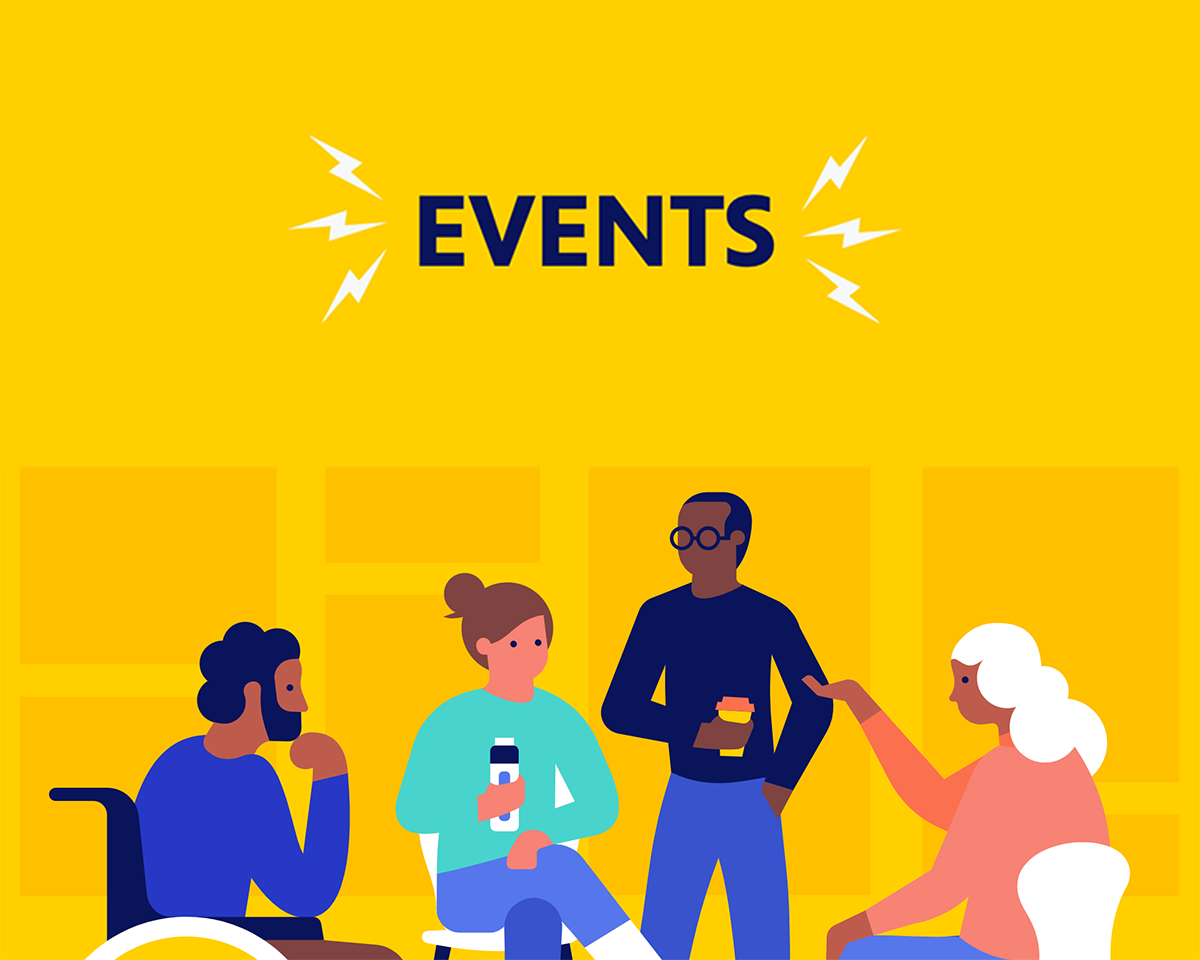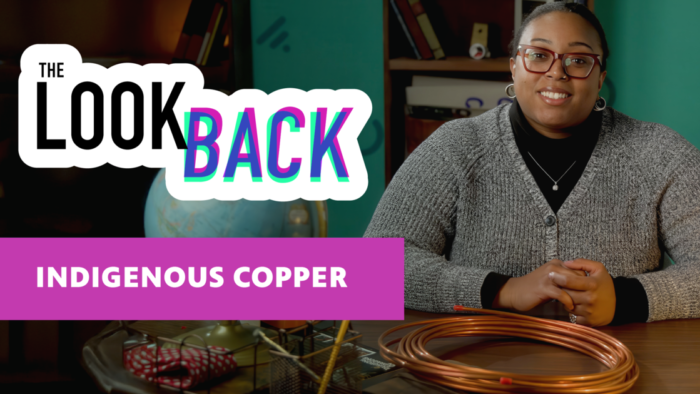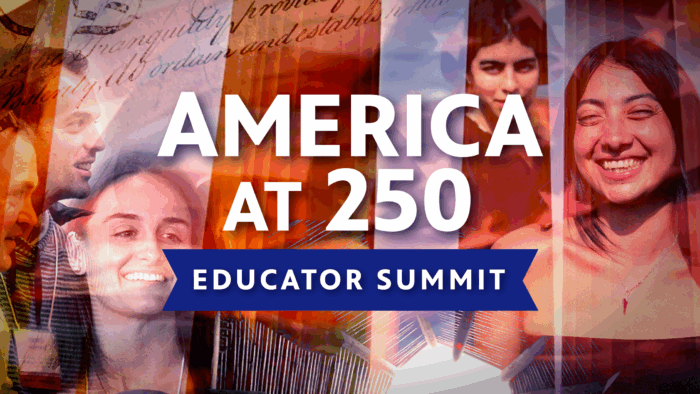Join PBS Wisconsin Education on May 7, 2026 to celebrate a love of learning at this workshop and meet-up to connect with library colleagues and learn about free multimedia resources you can use in your programs.
One of the world’s oldest metalworking traditions can be found in the western Great Lakes area. Check out The Look Back to learn more!
July 2026 will mark the 250th anniversary of the signing of the Declaration of Independence. As educators and learners prepare to move into a new school year following this milestone, PBS Wisconsin Education and partners are convening a 1.5 day summit for 3rd-12th grade educators who teach civics and history. This page includes a schedule overview.
Join PBS Wisconsin Education at the 2026 Wisconsin Council for the Social Studies Conference in Madison, WI.
July 2026 will mark the 250th anniversary of the signing of the Declaration of Independence. As educators and learners prepare to move into a new school year following this milestone, PBS Wisconsin Education and partners are convening a 1.5 day summit for 3rd-12th grade educators who teach civics and history. This page includes a schedule overview.
July 2026 will mark the 250th anniversary of the signing of the Declaration of Independence. As educators and learners prepare to move into a new school year following this milestone, PBS Wisconsin Education and partners are convening a 1.5 day summit for 3rd-12th grade educators who teach civics and history. This page includes a schedule overview.
Join PBS Wisconsin Education at the WEMTA 2026 Conference for sessions on Act 31 resources, media literacy, and creative collaboration.
Join PBS Wisconsin Education for the presentation For the Love of Literacy: Celebrating Songs as Stories, Strategies and SequencesExplore practical resources for building language development and early literacy skills with music and movement. This session will share playful strategies for raising readers with engaging multimedia materials from PBS Wisconsin Education.
Join PBS Wisconsin Education at the 2026 WSST Conference for the session: Windows into Our Worlds: How We're Using PBS Wisconsin's Free Multimedia Resources in Our Science Classrooms and You Can Too!
Visit PBS Wisconsin Education's exhibit booth at the 2026 WHSA Conference.


